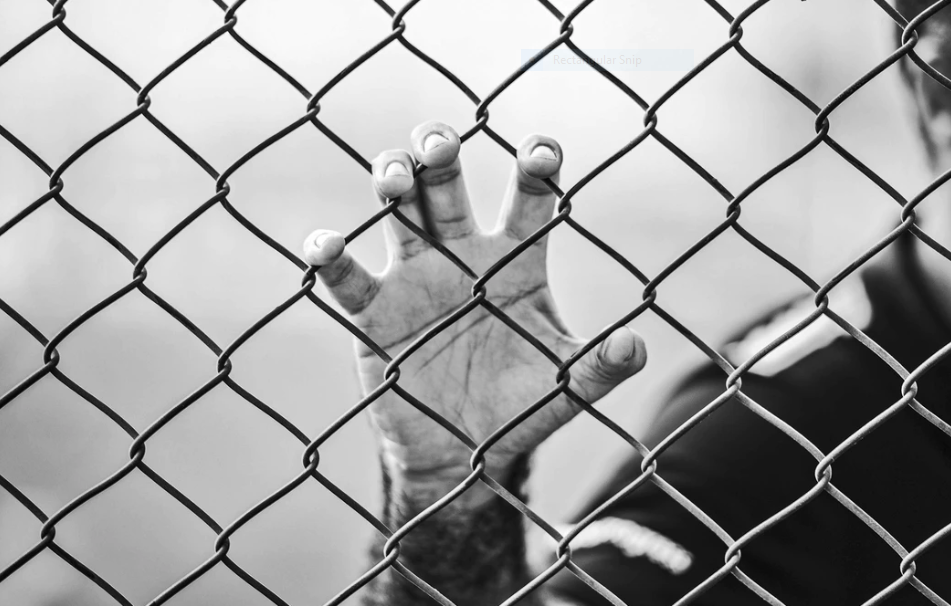
COVID-19 has undoubtedly changed the way of life for many individuals across the word, as people have been told to self-isolate. As a result, mental health and wellbeing issues are seen to be skyrocketing amongst the general population.
The Department of Health has proposed a $74 million National Health Plan to support the mental health and wellbeing of Australian’s during the pandemic. The scheme provides support in the following areas:
However, Australian prisons do not directly receiving any direct funding to enable Australians in custody to access the appropriate mental health services.
While self-isolation and social distancing orders have agitated and increasingly caused anxiety and panic amongst many Australian’s out of custody, Australian’s in custody are facing a similar rise of mental health concerns regardless of the fact these individuals have already been socially isolated through their sentence.
Australian prisons have seen several disturbances amongst prisoners, including riots at Wellington Correction Centre as prisoners started a fire and destroyed equipment and fires at the maximum security wing at Cessnock Jail.
The cause of unrest amongst prisoners is linked predominantly to the government regulations preventing prison visits, including visits with family members, as Correctional Services NSW explains, this causes a disruption to prisoners regular routines. While these orders are essential to protect public health through preventing an outbreak of COVID-19 within prison facilities, which have been successful as there are no very minimal outbreaks between inmates and staff, there must be facilities put into place to support individuals experiencing mental health issues as a result of further isolation.
Tracey Hanshaw runs a visitation program called Justice Aunties, which provides vital cultural links and welfare checks to Indigenous prisoners who may not get family visits. Hanshaw states that the greatest concern relating to the no visitation regulations is the fact that prisoners will have no one to check their welfare, she states many prisoners are unable to afford phone calls as a technological replacement. She states no visitations has proven to be detrimental to their health paired with the mental health issues that arise due to being incarcerated, and notes concerns about deaths that may arise due to the exacerbation of mental health issues and lack of emotional support from the community.
While mental health is acknowledged as a predominant reason for unrest amongst prisoners, it must also be acknowledged that prisoners inaccessibility to contraband, such as drugs, as a result of the restrictions on prison visits, have had a significant contribution to the increased unrest and violence within prisons. However, as drug use if often linked to mental health issues, it is vital to address this issue from a mental health perspective and hence enable prisoners to have access to a greater range of mental health facilities through increasing funding to prisoners or such resources.
0 Comments
Post Comment